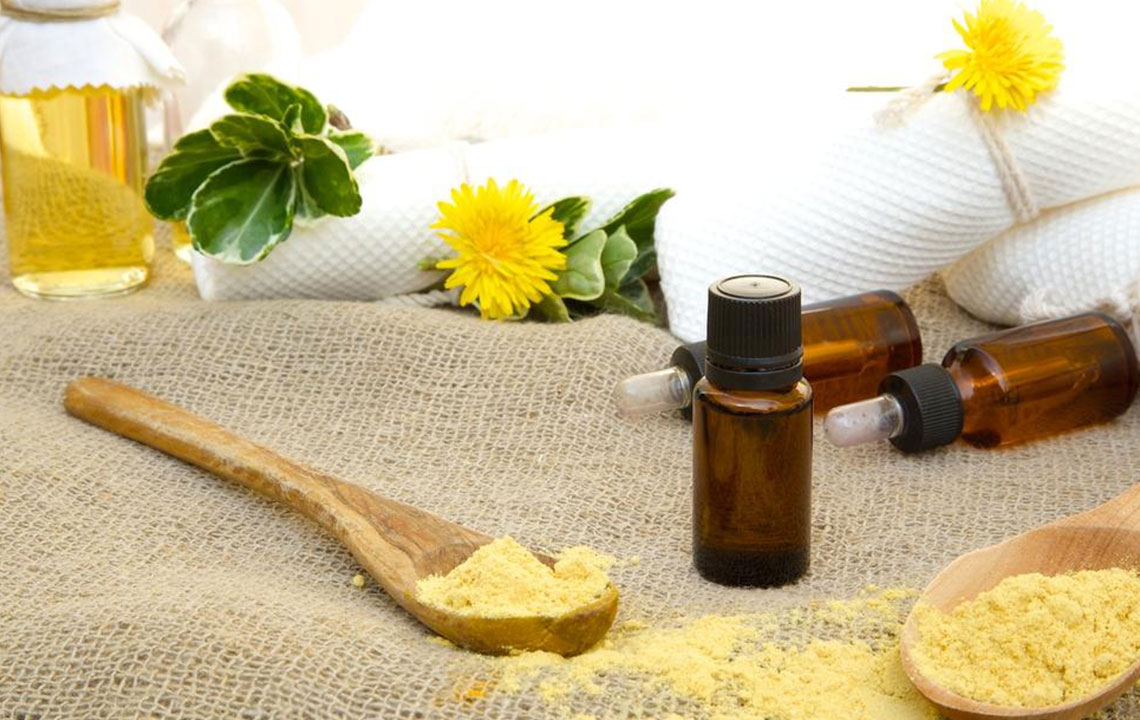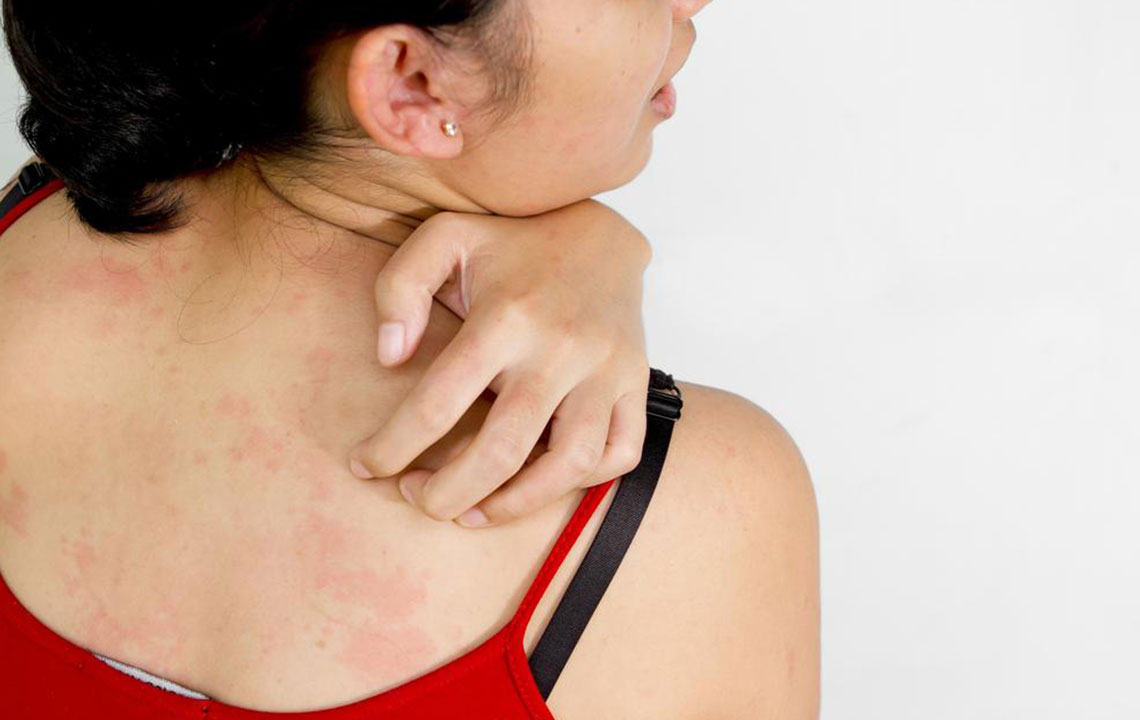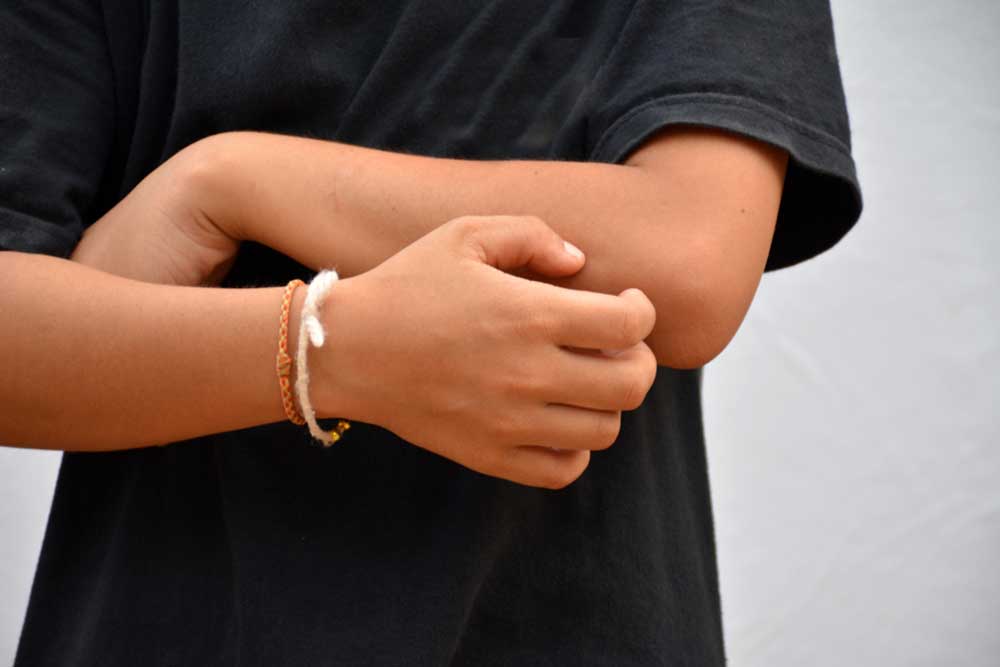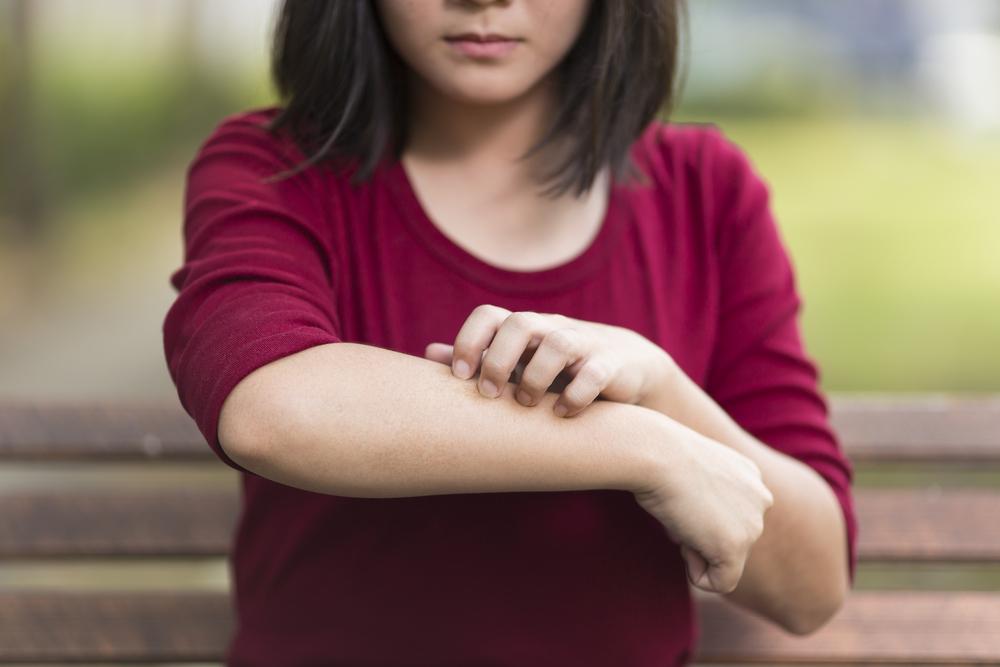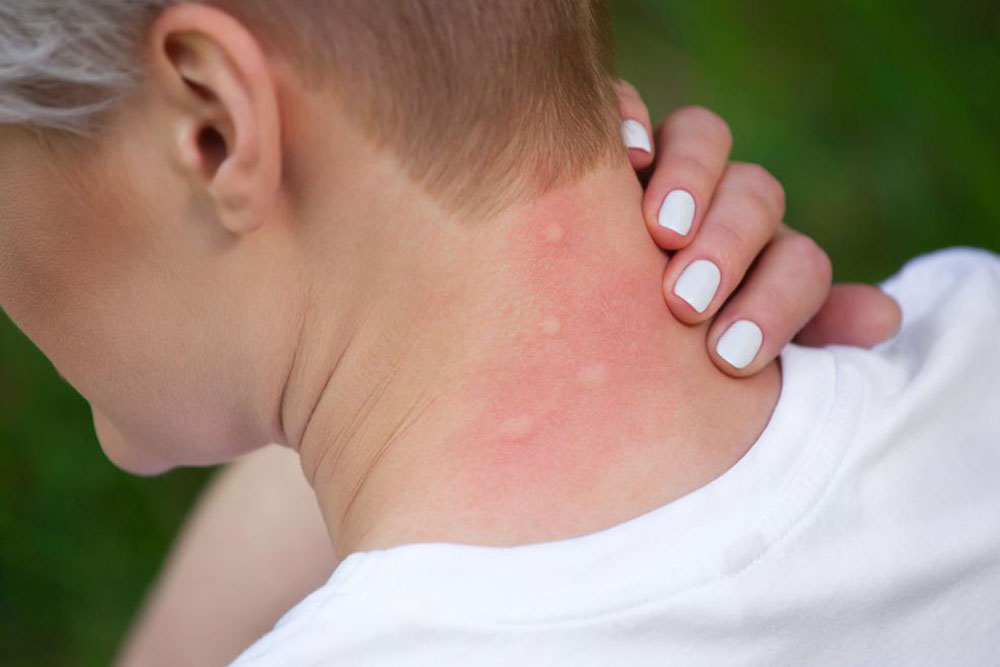Comprehensive Guide to Alleviating Itchy Skin: Effective Methods and Remedies
Discover effective strategies for relieving itchy skin with natural remedies, skincare routines, and when to seek medical advice. This comprehensive guide provides practical tips to soothe irritated skin, from moisturizing to cold compresses, ensuring you find relief faster and improve skin health overall.

Comprehensive Guide to Alleviating Itchy Skin: Effective Methods and Remedies
Experiencing persistent or occasional itching can be an uncomfortable and distracting issue that affects daily life. Itchy skin, medically known as pruritus, can be caused by a wide range of factors, from minor skin irritations to more severe chronic dermatological conditions. Understanding the underlying causes is crucial for selecting the most appropriate treatment strategies. Whether you're dealing with skin dryness, allergic reactions, infections, or underlying conditions like eczema or psoriasis, effective relief is possible with the right approach.
In many situations, immediate professional medical advice may not be feasible, prompting the need for accessible home remedies that can provide temporary relief. The first line of defense includes maintaining a good skincare routine with high-quality moisturizers that help keep skin hydrated and reduce irritation. Daily application of emollients enhances the skin’s barrier function, preventing moisture loss and decreasing itchiness.
Natural cooling agents such as aloe vera gel and mint extracts are also highly effective. They offer a soothing cooling sensation that calms irritated skin, reducing the urge to scratch. Applying these gels directly to affected areas can bring immediate relief, especially in hot and humid conditions. Furthermore, avoiding known skin irritants—like certain soaps, detergents, or fabrics—can prevent exacerbating the itching sensation.
Topical anti-itch creams containing ingredients like hydrocortisone, calamine, or menthol can help alleviate symptoms when used appropriately. These should be applied multiple times daily as needed, following the instructions on the product. Additionally, cold compresses—wrapped ice packs or cold, damp cloths applied to the skin—can significantly decrease inflammation and soothe symptoms, particularly during acute flare-ups.
Soaking in soothing baths with baking soda or colloidal oatmeal is another proven method to reduce itching and calm inflamed skin. These soaks can hydrate dry skin, reduce inflammation, and provide immediate temporary relief from itching. For best results, limit bath times to 15-20 minutes and gently pat the skin dry afterward, avoiding vigorous rubbing that could irritate the skin further.
It’s important to monitor persistent or worsening symptoms. If the itching continues despite home remedies, or if you notice signs such as swelling, redness, blistering, or signs of infection, seek professional medical advice promptly. Underlying health issues like allergies, infections, or systemic conditions require targeted treatment approaches and may need prescription medications or specialized dermatological care.
In summary, managing itchy skin involves a combination of good skincare practices, natural remedies, appropriate over-the-counter products, and professional consultation when necessary. Maintaining skin hydration, avoiding irritants, and applying soothing agents can provide significant relief and improve quality of life.
